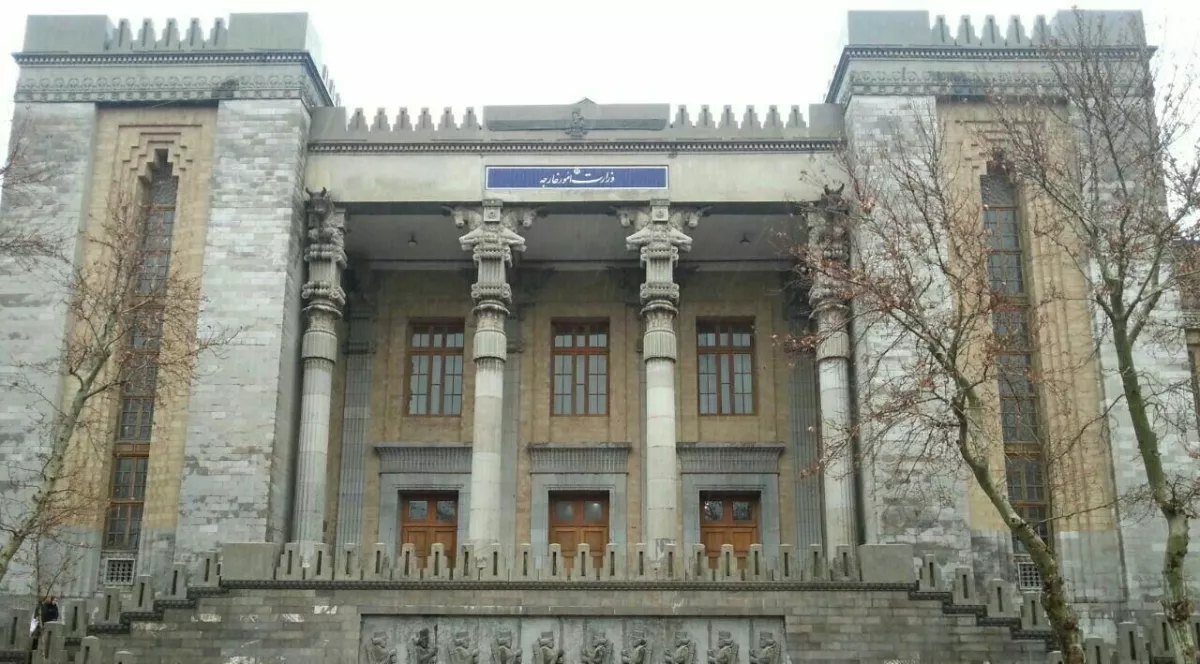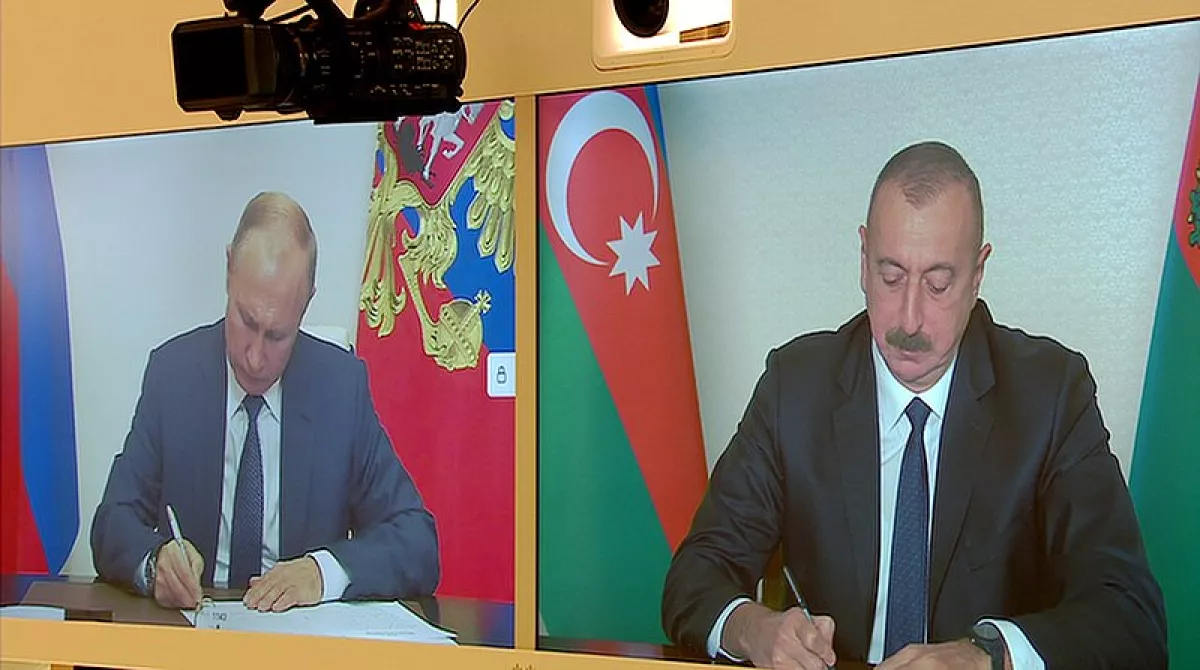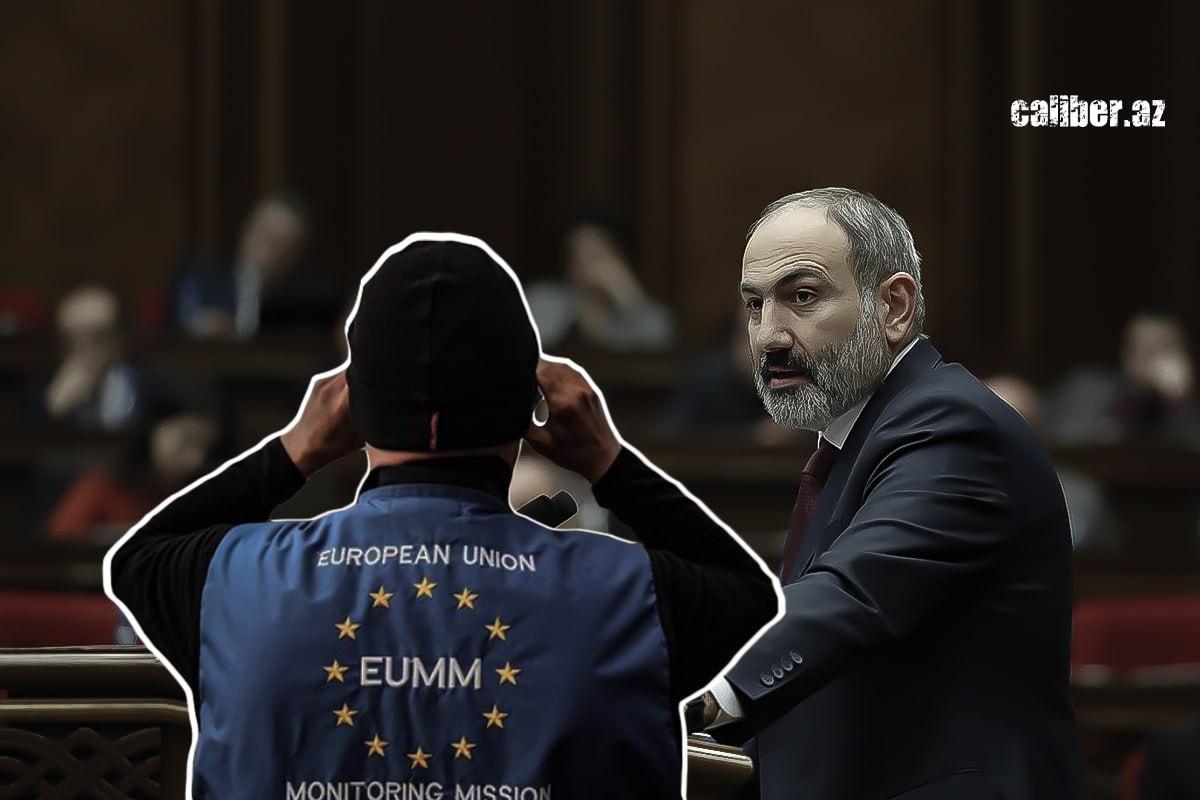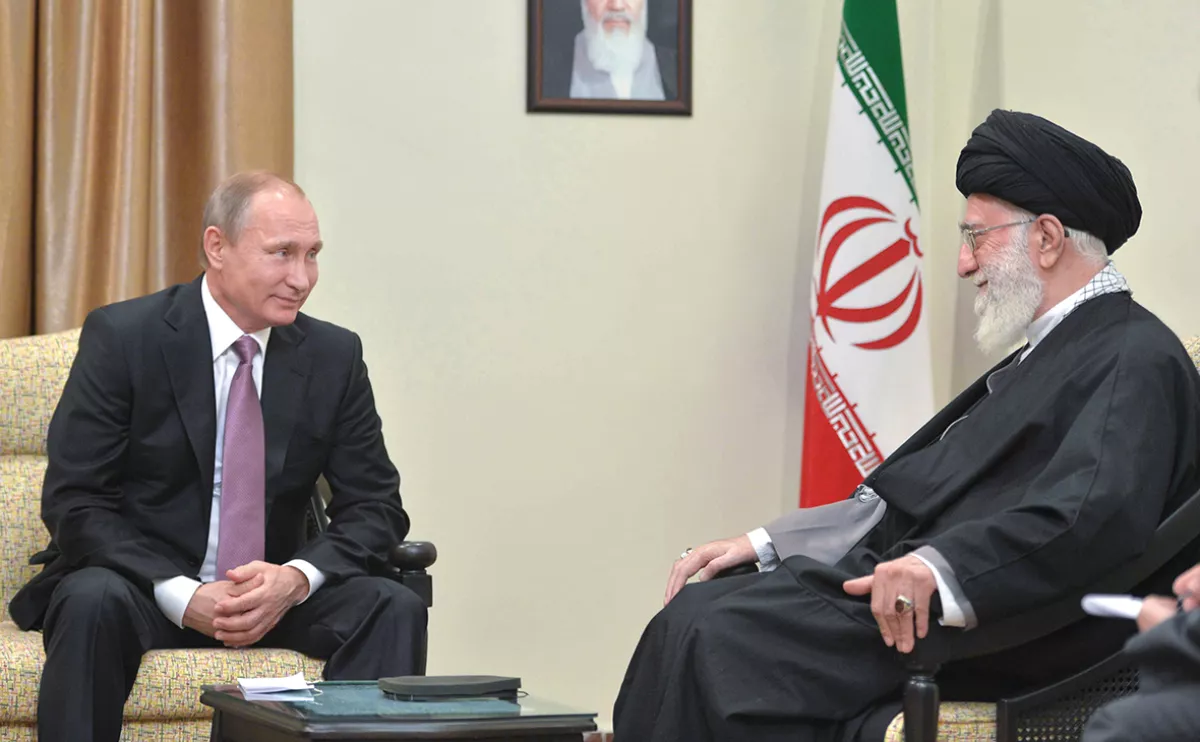Zangezur Corridor and geopolitical tensions Iran vs Russia
Recent weeks have seen rising diplomatic tensions between Iran and Russia, largely stemming from the discussion surrounding the Zangezur Corridor project. This corridor is designed to link the western regions of Azerbaijan with Nakhchivan through Armenian territory. While it may appear to be just another infrastructure project, it is deeply intertwined with complex geopolitical interests and numerous mutual grievances. The tensions are fueled by somewhat irrational accusations from Tehran towards Moscow, highlighting the need for a thorough examination of both the statements and the underlying political motivations.
Iran's concerns: Focus on Russia, not Armenia
On September 2, Iran's Ministry of Foreign Affairs raised concerns about "potential geopolitical changes in the South Caucasus." Mojtaba Demirchilu, head of the Eurasian Department at the Iranian Ministry, met with Russian Ambassador to Tehran Alexey Dedov to discuss the "inadmissibility of altering internationally recognized borders in the region." According to IRNA, the meeting was initiated by Iran in response to Russia's recent support for the Zangezur Corridor project, which aims to connect Azerbaijan's western regions with Nakhchivan through Armenian territory. Demirchilu highlighted the need to consider the "interests and legitimate concerns" of all countries in the region.

One of the most striking aspects of the current situation is that Iran is assigning primary responsibility for the Zangezur Corridor project to Russia, rather than Armenia, through whose territory the corridor will pass. Iran’s claims seem unwarranted, as Russia’s role is mainly to serve as a security guarantor and mediator in the project's implementation. The escalating criticism from Tehran towards Moscow suggests there may be hidden motives at play. This could be part of a broader political strategy where Iran seeks to exploit regional tensions to further its own objectives amid increasing Western pressure.
Tripartite Statement: Russia’s role as security guarantor
The Zangezur Corridor project is grounded in the Tripartite Statement signed on November 10, 2020, by Azerbaijan, Armenia, and Russia. This agreement explicitly states that the security of the transport route connecting Azerbaijan’s western regions with Nakhchivan must be provided by the Russian Federal Security Service (Article 9). This crucial provision confirms that Russia’s role is to act as a guarantor of the agreements made by the conflicting parties, rather than as a source of political pressure. Consequently, Tehran’s criticisms of Moscow appear to lack a solid basis.

The Zangezur Corridor project does not impose any restrictions on Armenia’s sovereignty and does not encroach on Iranian territory. Tehran’s objections become even more perplexing given that the project poses no threat to Iranian interests.
Manipulations around NATO: Genuine concerns or political rhetoric?
Iranian rhetoric about NATO's potential role in the region raises significant questions. Tehran's main concern should be the militarization of Armenia by Western powers, rather than the opening of the Zangezur Corridor. While Iran has repeatedly cited NATO as a threat, linking it to the transport project, such claims appear politically manipulative. The opening of the corridor and the establishment of a NATO military base in Armenia are entirely separate issues.

Iran should focus on the actual alignment of Armenia with Western countries, as evidenced by increased military cooperation with the US, France, and the EU, along with regular joint exercises. This militarization and Armenia’s close ties with Western powers could genuinely threaten Iranian interests, particularly given the growing NATO and EU presence in the region. However, linking these concerns to the Zangezur Corridor project is misguided.
Iran between Russia and the West: A foreign policy shift?
Iran's approach to the Zangezur Corridor may reflect a shift towards a more flexible foreign policy, aimed at balancing relations between Russia and the West. In recent years, Tehran has faced mounting pressure from Western sanctions, leading it to seek new alliances in the international arena. Iran’s involvement in the Ukraine conflict—through arms supplies and providing drones to Russia—along with its support for Moscow amid Western sanctions, has shown its alignment with Russia. However, the recent change in rhetoric might indicate a re-evaluation of this stance.

Tehran may be trying to reduce its dependence on Russia while navigating Western pressure. The key question is: who is driving this new direction? Is it President Masoud Pezeshkian and his government, or is it the spiritual leadership under Ayatollah Ali Khamenei? This question remains unresolved, as internal political dynamics in Iran are unpredictable. Nonetheless, Iran’s current behavior suggests a desire to avoid full alignment with Russia and a search for new opportunities to improve relations with the West.
Conclusion
The Zangezur Corridor is becoming a focal point not only for transportation routes but also for the geopolitical interests of multiple powers. Iran, leveraging the current situation, seeks to strengthen its position and showcase an independent stance while bolstering its influence in the region. However, given the growing contradictions between the desire to align with the West and the pressure from Russia, Tehran faces a critical decision: whether to continue maneuvering between these two forces or make a definitive choice in favor of one side.








